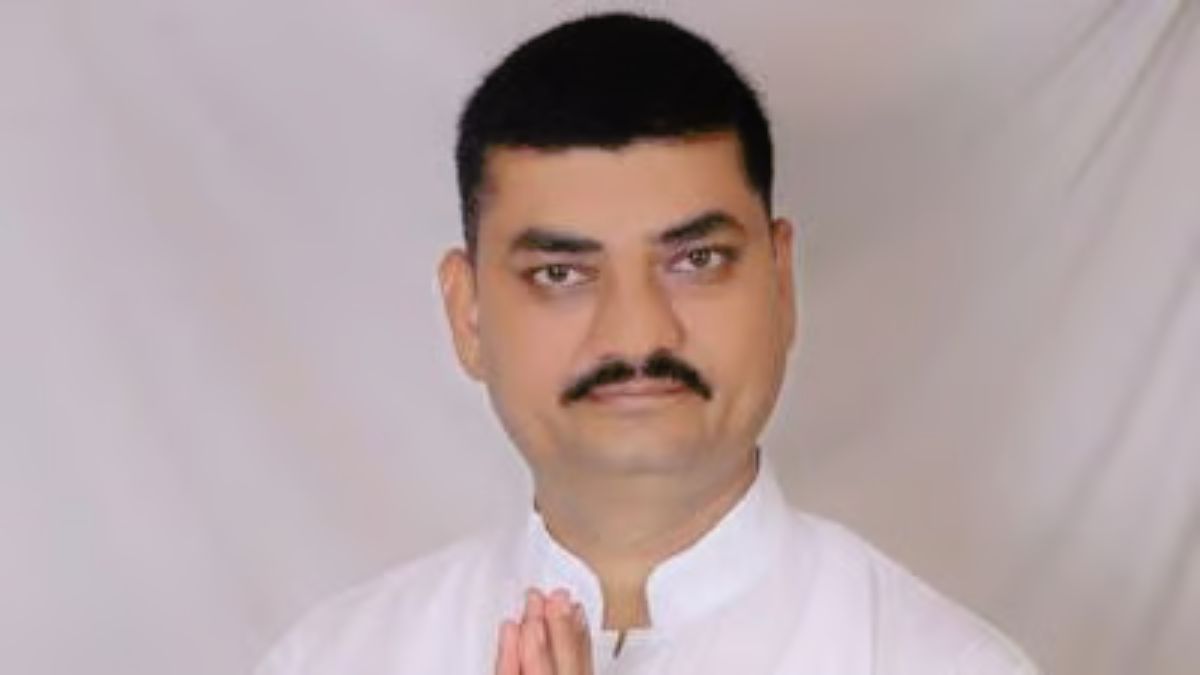Lok Sabha Election 2024 : AAP Candidate Umesh Makwana Sparks Controversy on Rajas and Maharajas
Makwana's remark, made just two days after Congress Leader Rahul Gandhi's controversial statement about Rajas and Maharajas, has stirred debate and criticism

Advertisement
Bhavnagar : Controversy has erupted in the political arena once again, as Aam Aadmi Party (AAP) candidate from the Bhavnagar Lok Sabha seat and Botad MLA, Umesh Makwana, made a contentious statement regarding the influence of opium on past kings.
Makwana’s remark, made just two days after Congress Leader Rahul Gandhi’s controversial statement about Rajas and Maharajas, has stirred debate and criticism. Makwana asserted, “The British brought opium into the country. The Rajas and Maharajas were powerful and invincible, so they (British) made them opium addicts. The opium slowly got mixed into their blood through their veins, and Raja Maharajas used to lie around under the influence of opium, and that is how the British took control of the Rajwadas (Kingdoms).”
When questioned by reporters about the potential retraction of his statement, Makwana stood firm, stating, “I stick to my remarks. I am not Parshottam Rupala; I am Umesh Makwana. Umesh Makwana has never retracted his statement.”
Makwana’s statement adds fuel to the ongoing controversy sparked by Rahul Gandhi’s remarks during a public meeting in Bellary, where he suggested that Rajas and Maharajas would seize people’s land as they pleased.
Meanwhile, Union Minister Parshottam Rupala, BJP’s candidate from the Rajkot Lok Sabha seat, is also facing protests for his alleged controversial remarks. Rupala’s comments, which mentioned historical interactions between Indian rulers and the British involving “Roti-Beti Vyavhar” (a relationship involving breaking bread together and interfaith weddings), have drawn criticism and condemnation.
The series of controversial statements from political leaders has intensified the discourse surrounding historical narratives and the portrayal of past rulers in India. Critics argue that such statements oversimplify complex historical realities and overlook the broader socio-political dynamics of colonialism and imperialism.
“As the election campaign progresses, these remarks are likely to become fodder for political debates and discussions, shaping public opinion and influencing voter sentiments” said a political analyst. “ Amidst the noise of political rhetoric, the focus on substantive issues and policies may risk being overshadowed, raising questions about the quality of political discourse in the electoral arena.”
Advertisement

